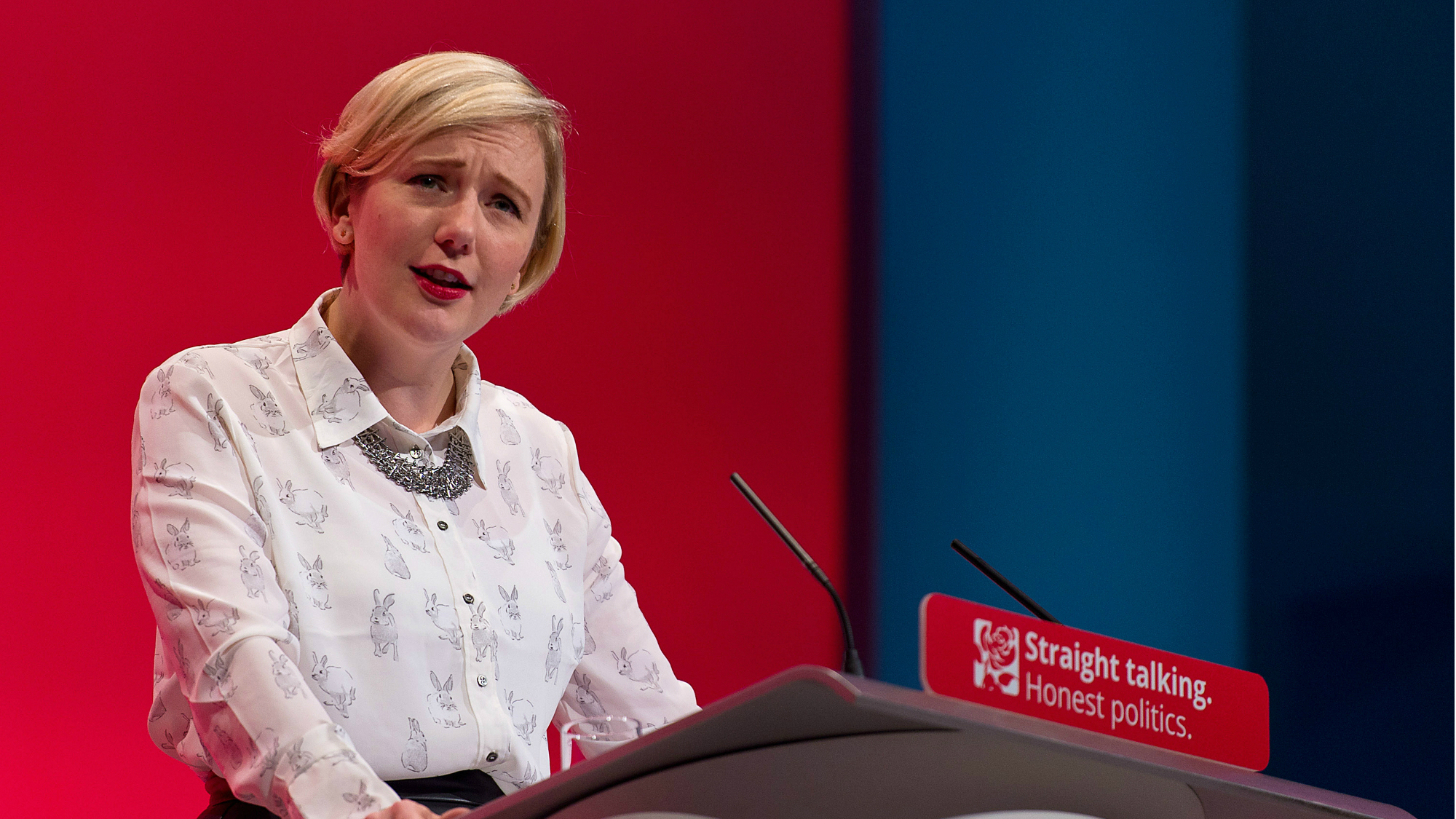Misogyny should be treated as a hate crime, say female MPs
Despite laws in place to protect British women from harrassment in the workplace, that ends the moment we step out on to the streets or into our homes. On a mission to change this is a coalition of women’s groups and MPs, who are fighting for all police forces to record incidents of misogyny as hate crimes


Despite laws in place to protect British women from harrassment in the workplace, that ends the moment we step out on to the streets or into our homes. On a mission to change this is a coalition of women’s groups and MPs, who are fighting for all police forces to record incidents of misogyny as hate crimes
A group of female MPs and charities are urging the government to treat misogyny as a hate crime within the new Domestic Abuse Bill.
The amendment, which has been tabled by Labour MP Stella Creasy, Lib Dem Christine Jardine and Plaid Cymru's Westminster leader Liz Saville Roberts, would require police to record and track crimes motivated by misogyny.
Heading up support for the so-called 'Amendment 84' is charity Citizens UK, who says it will allow officers to identify patterns and perpetrators.
Nottinghamshire police became the first police force to treat misogyny as a hate crime in 2016. Four police forces, including North Yorkshire and Somerset, have since followed suit - with evidence from those already taking this approach showing that it increases the confidence of women to report abuse.
Misogyny involves showing dislike, contempt or ingrained prejudice against women.
A statement from Citizens UK and the vast group of campaigners – including Refuge, Women’s Aid and Plan UK – says that while the approach ‘will not create any new crimes’, it would ‘provide critical data on the link between hostility to women and the abuse and harassment women experience.’
Celebrity news, beauty, fashion advice, and fascinating features, delivered straight to your inbox!
Currently protected under hate crime legislation are disability, transgender status, race, religion and sexual orientation.
Speaking about the amendment, Charlotte Fischer from Citizens UK said that intersecting misogyny with racism, anti-Semitism, Islamophobia and other forms of discrimination will help society 'map and understand how other forms of abuse affect women in specific and intersectional ways.'
She added that the legislative change will support women ‘to be able to name the experiences they have, and to know they will be believed when the do so.’
Citing this as a ‘time for change’, MP Stella Creasy said: ‘Misogyny is so much part of everyday life that we overlook the harm it does - at the expense of tackling the root causes of violence against women.’
‘This isn’t about denying help and support for male victims; it is about using an evidence based approach to detecting and preventing abuse. It also means women can come forward confident their experience will be taken seriously and they won’t have to choose between their identities in being protected from harm’
The Law Review Commission announced a review of hate crime in 2018, but it has been delayed due to the pandemic.
The consultation on how to incorporate misogyny into new legislation on hate crime is scheduled to begin in July 2020.
Niamh McCollum is Features Assistant at Marie Claire UK, and specialises in entertainment, female empowerment, mental health, social development and careers. Tackling both news and features, she's covered everything from the rise of feminist audio porn platforms to the latest campaigns protecting human rights.
Niamh has also contributed to our Women Who Win series by interviewing ridiculously inspiring females, including forensic scientist Ruth Morgan, Labour MP Stella Creasy and ITV’s former Home Affairs Editor Jennifer Nadel.
Niamh studied Law in Trinity College Dublin. It was after enrolling in a Law & Literature class on her year abroad in Toronto that her love of writing was reignited. In no particular order, her big likes are Caleb Followill, hoops, red wine, sea swimming, shakshuka and long train journeys.
